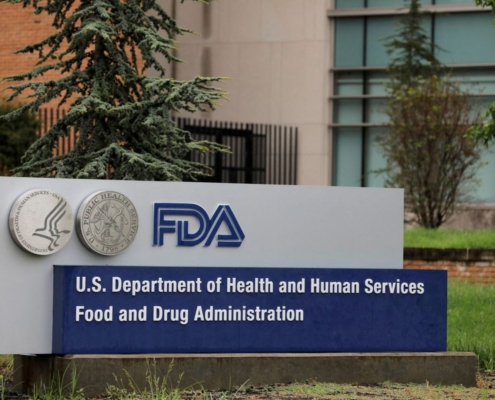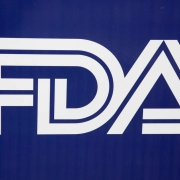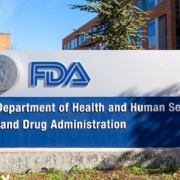U.S. FDA staff flags unclear benefits of Ardelyx’s kidney disease drug
U.S. FDA staff flags unclear benefits of Ardelyx’s kidney disease drug
Nov 14 (Reuters) – U.S. Food and Drug Administration staff reviewers on Monday raised concerns over unclear benefits of Ardelyx Inc’s (ARDX.O) drug for kidney disease patients, but the company’s shares rose 20% on expectations over a possible approval.
The FDA’s staff reviewers said, “the magnitude of treatment effect appears less than that observed with approved drugs,” in briefing documents released on Monday.
However, the concerns were in line with expectations, said Citi analysts, adding that the documents set the tone for a positive discussion when the FDA’s outside advisers meet on Wednesday to weigh data on the drug.
“If not, FDA appears to be looking for ways to approve tenapanor with additional data,” Citi analyst Yigal Nochomovitz wrote in a client note.
Ardelyx’s oral drug, tenapanor, is aimed at reducing elevated blood phosphate levels in patients with chronic kidney disease (CKD).
Ardelyx bought back rights to the drug from AstraZeneca Plc (AZN.L) in 2015 for $25 million, and developed it alone following troubles with the drug’s initial trials.
The advisers’ meeting, set for Nov.16, was called by the FDA following Ardelyx’s appeal against the regulator’s initial rejection of the drug in July last year, after it identified deficiencies.
Currently, phosphate binders are the only approved therapy for hyperphosphatemia, a condition resulting in an abnormally elevated level of phosphorus in the blood, which is a sign of kidney damage.
Excess phosphorus can remove calcium from bones and other parts of the body, which in turn can cause brittle bones, joint pain, muscle cramps and itchy skin.
Around 37 million people, or one in seven people, in the United States have chronic kidney disease, as per a government report last year.
Our Standards: The Thomson Reuters Trust Principles.
Source: Reuters

 Reuters
Reuters


 Reuters
Reuters



